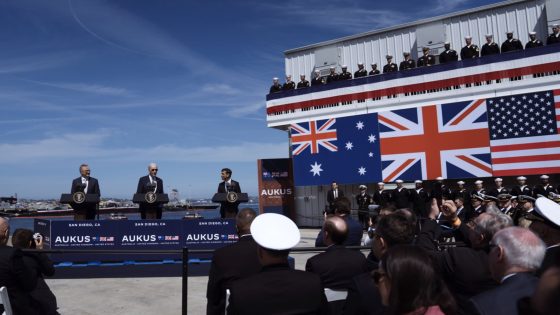Australia‘s recent election has drawn attention due to its unexpected ties to former President Trump. Prime Minister Anthony Albanese, while not positioning himself as an anti-Trump figure, faced the ripple effects of Trump’s return to power during the election held on 2025-05-04 13:51:00.
- Albanese avoided anti-Trump rhetoric in campaign.
- He expressed trust in President Trump.
- Anti-Trump sentiment aided Labor Party victory.
- Tariffs had limited impact on Australia.
- Focus shifted to budget surpluses instead.
- Dutton also refrained from addressing Trump.
Albanese, who leads the center-left Labor Party, focused on domestic issues rather than directly confronting Trump. His measured approach and avoidance of Trump’s name allowed him to navigate the political landscape without alienating voters who might support the former president.
Ultimately, Albanese’s victory appears to have been influenced by a wave of anti-Trump sentiment, showcasing how global politics can impact local elections. What does this mean for U.S.-Australia relations moving forward?
As the dust settles from the Australian election, one question arises: how will these results affect U.S. interests? Albanese’s victory may signal a shift in global alliances, particularly concerning trade and diplomacy. Consider these points:
- Albanese’s focus on domestic issues may ease tensions with the U.S.
- Trade relations with China could overshadow U.S. tariffs.
- Anti-Trump sentiment may shape future political landscapes in allied nations.
- Voter attitudes toward global leaders are evolving rapidly.
As Australia moves forward under Albanese’s leadership, it will be crucial for U.S. policymakers to engage with this evolving landscape. How will these dynamics shape future collaborations?
































